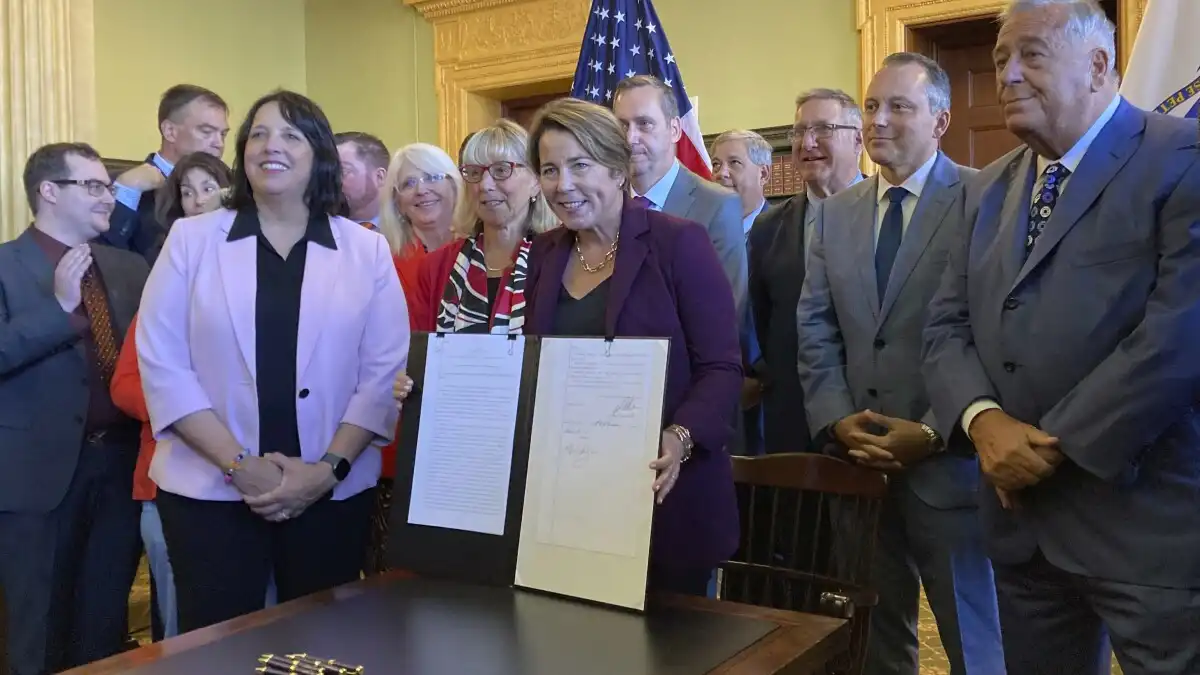States to offer bigger child tax credits in 2024 to tackle poverty
The federal pandemic aid is ending, but many states are stepping in with their own permanent child tax credits.
In 2021, Americans faced a double financial blow as prices for food and rent increased while federal pandemic aid dwindled. However, several states have taken a cue from the federal child tax credit and are working to bridge the gap by creating their own permanent child tax credits.
The federal child tax credit was a pandemic success story, cutting child poverty in half before expiring at the end of 2021. Since then, the number of states that have created their own permanent child tax credit has doubled.
Ashley Andreas and her family in Vermont have benefited greatly from this initiative. Although they were fortunate to purchase a home before prices rose, the high cost of child care still poses a challenge for them. The new $1,000 child tax credit in Vermont provided much-needed relief, allowing the family to use the funds for various expenses, including health insurance, vehicle maintenance, and extracurricular activities for their children.
Vermont is one of 14 states that now offer a child tax credit, with 10 states creating or expanding the benefit in 2023. These credits are available to families with low or no income, and some states even extend the benefit to immigrants without legal status.
In New York, the child tax credit has been expanded to include children under age 4, providing families with additional support. The amount may be small, but for families like Kayla Kelechian's, it can make a significant difference in helping them thrive.
State tax credits vary widely, with some states offering the full amount to households within specific income brackets. Minnesota's new credit is the largest in the country, providing $1,750 for each child under 18.
The impact of these tax credits goes beyond financial relief. Minister JaNaé Bates, an advocate for racial justice, emphasizes the importance of these benefits in addressing the challenges faced by families with multiple jobs. Minnesota's governor predicts that the new tax credit will cut child poverty by a third, demonstrating the positive impact of these initiatives.
While there are concerns about the potential impact of permanent tax credits on employment, states are taking bipartisan approaches to address these issues. The focus now is on raising awareness and ensuring that families who qualify for these benefits are able to claim them in 2024.
The expansion of state-specific child tax credits is a significant step in providing support to families facing financial challenges. These initiatives not only offer financial relief but also promote the well-being of children and families across the country.











Comments on States to offer bigger child tax credits in 2024 to tackle poverty